Applying to go on exchange is easier than you think

Durham University in the UK is among one of the most popular exchange destinations for CBS students. Photo: CBS Exchange
If you believe that going on exchange is difficult, you might be surprised to learn that there is a space for everyone. Grades and points from extra-curricular activities do matter to some extent, but even with grades at the lower end of the spectrum, an exchange trip is within reach.
The importance of grades, points from extra-curricular activities and application deadlines can make the task of applying for an exchange trip and getting a place seem complicated.
But according to Wilbert van der Meer, Head of the International Office at CBS, until now everyone who has wanted to go on exchange has been able to.
“Of course, there are universities that are very difficult to get into, but overall, we have spaces for all CBS students who want to go on exchange,” he says. “Of course, it depends on the number of students applying, but so far, we have been able to find enough places.”
When signing up, both your grades and points from extracurricular activities can help you get a spot at the university of your dreams. But Wilbert van der Meer’s advice is to not stress about it.
“Grades matter to some extent and we consider points from extracurricular activities, but that does not mean that you can’t go on exchange if your grades are not that high or you don’t have time for any activities outside your studies,” says Wilbert van der Meer.
He also emphasises that the grade point average at CBS is around 8, contrary to what many CBS students believe.
Don’t be fooled by high-grade point averages
Before applying, it is natural to check the grade point averages from the previous year and try to figure out where you can go with your own grade point average.
But you cannot simply count on the previous year’s averages to give you an accurate idea of what grades you need to attend a certain university.
“You must remember that the university might not have that many spaces available, so you can never take the grade point average at face value,” says Wilbert van der Meer.

He gives an example of two people with extremely high-grade point averages getting the only two exchange spaces at Reykjavik University.
It would therefore appear that you needed a very high grade point average to get into the university whereas, in fact, it is merely a coincidence that two people with very high averages applied that year.
New York, Paris, Sydney, and Ivy League spots are popular
Of course, some universities are more popular and can seem more difficult to get into.
CBS’ International Office sees a clear trend that cities such as New York, Paris and Sydney are very popular, as are the few places that CBS holds at the American Ivy League universities, such as Cornell University and the University of Pennsylvania.
“These universities are usually difficult to get into because for most students, an exchange is the only way they will be able to afford to study at an Ivy League university. And some of the larger cities are places where many students want to try to live for a while,” says Wilbert van der Meer.
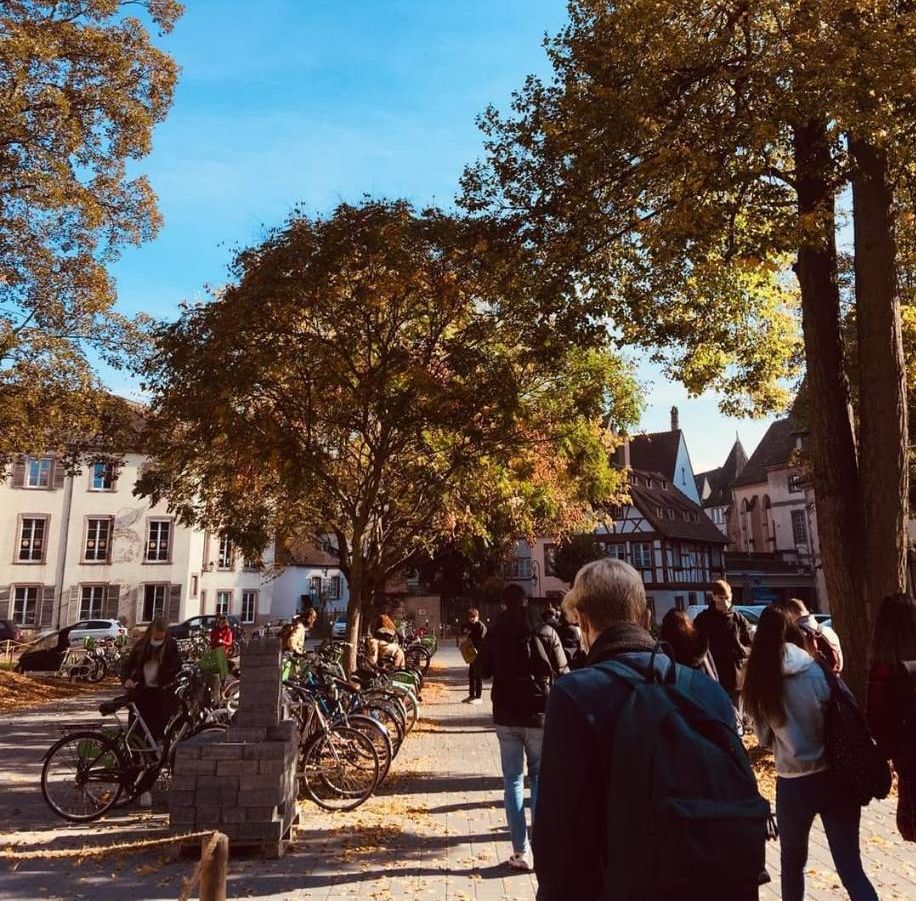
He explains, however, that all the universities that CBS cooperates with are carefully selected and are educational institutions certain to give students high-quality educations.
He gives the example of Germany, which is not as sought after but is home to many excellent business schools. Therefore, it may also be a good idea to think outside the box of the ten most well-known universities.
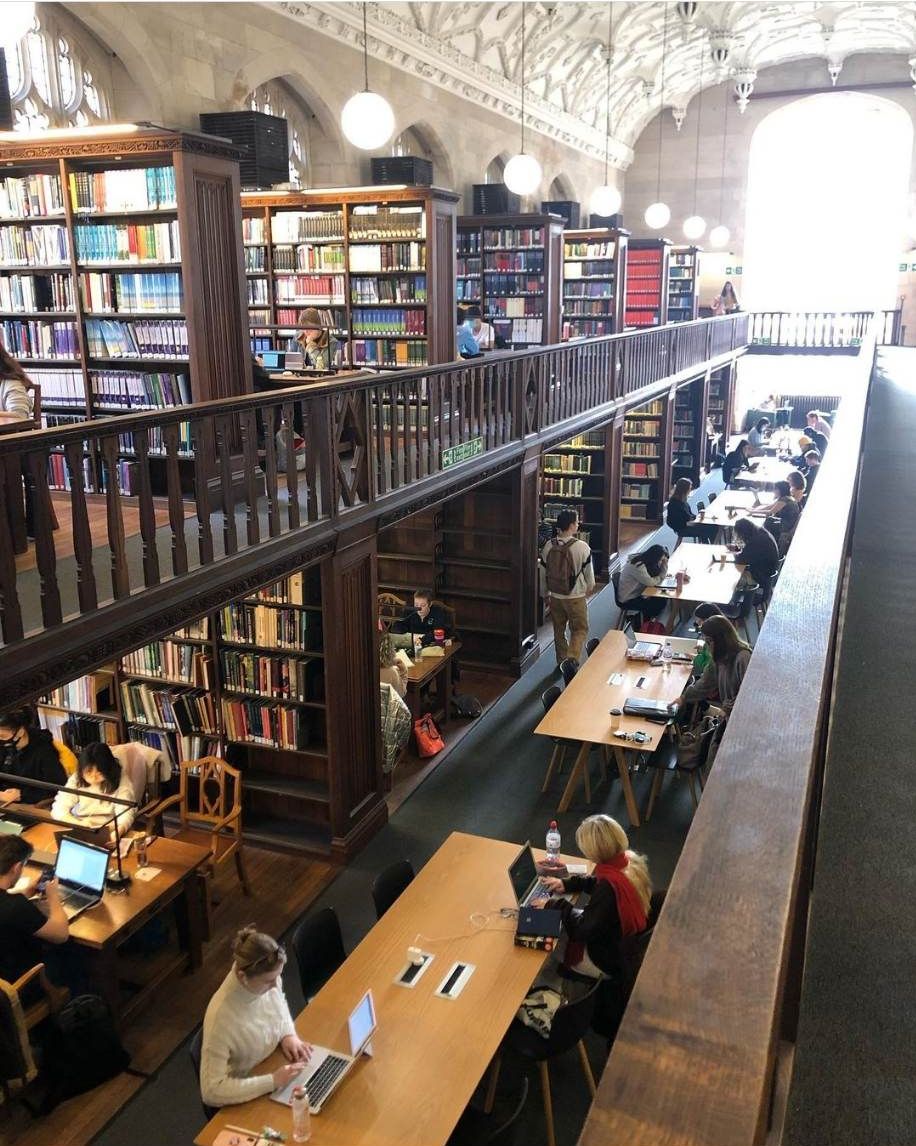
Both academically high quality and exciting experiences can be waiting off the beaten track. On top of that, especially the less popular universities take very good care of their guest students.
“I also believe that some employers like students who have made an unconventional choice when going on exchange. It shows some courage and adaptability if, for example, you go on exchange in Morocco,” he assures.
Apply to the university you wish to go to
Even though you can be strategic about where to apply for an exchange space, Wilbert van der Meer believes it is important that you only apply to the universities that you really wish to attend.
“If you apply to a university you think is just okay, and then later drop it, you will take the space from someone who really dreamed of going there,” he says.
He explains that, as there are three application rounds, you have plenty of opportunities to apply for exchanges at different universities – if you don’t get your first priority.
This year, he expects a few more applicants than last year since countries including Australia and New Zealand have finally lifted their COVID restrictions and reopened their exchange programmes.
China is the only country to still have restrictions, and as of October 2022, exchanges to China are still not possible.




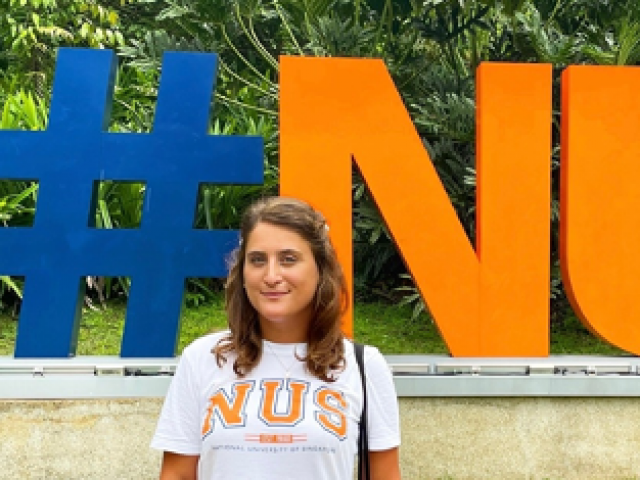
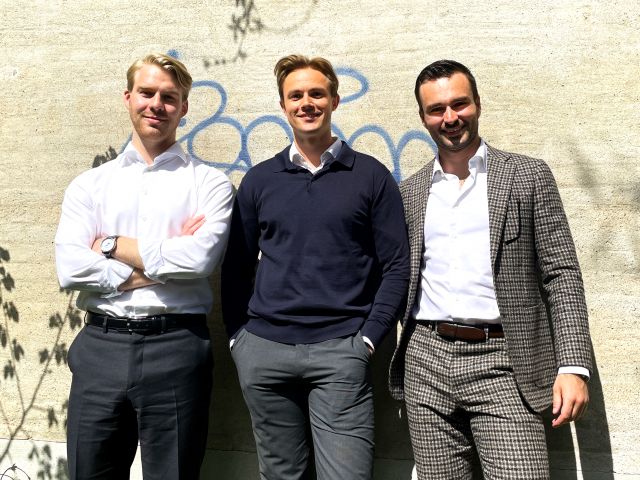

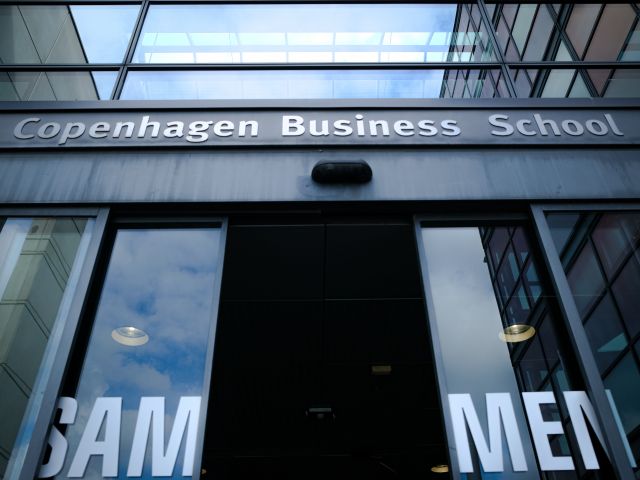
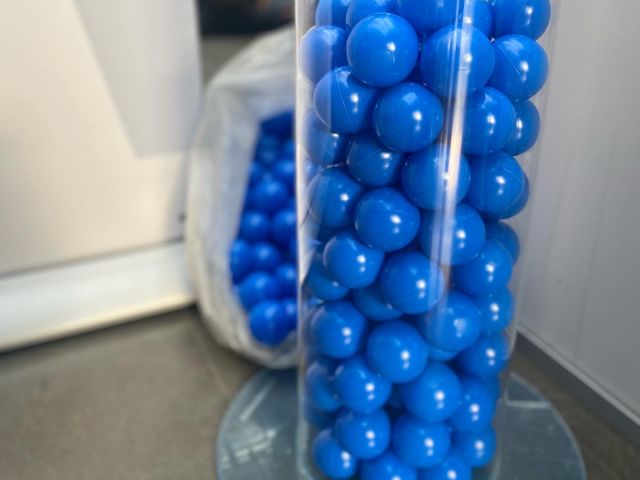




























































































































Comments